This election will help
Over 10 million eligible voters will be able to cast their ballots for any of the 18 presidential candidates.
There are two factors which will have a great influence on the Afghan election, which is being held under the supervision of the International Security Assistance Force (ISAF).
The first factor is the participation of prominent candidates. These include current Afghan head of state Hamed Karzai, Afghanistan’s first woman presidential candidate Masoodeh Jalal, political figure Is’haq Gilani, former education minister Yunis Qanooni, head of the first Loya Jirga Ghasem Yar, and Abdul Rashid Dostam and Mohammad Mohaghegh, two prominent anti-Soviet Mujaheddin fighters.
Yet, undoubtedly, Karzai has the best chance of victory in view of his vast national and international support.
The Islamic Unity Party, which is allied with former Afghan king Mohammad Zaher Shah, the Jamiat-e-Islami (Islamic Society) led by former Afghan president Burhanuddin Rabani, the pro-Western technocrats, the liberals, and the vast majority of the Pashtun ethnic group have all announced their support for Karzai.
The other factor that will have a direct influence on the elections is the people’s allegiance to their ethnic groups and local leaders.
Most members of the Pashtun ethnic group, which makes up 38 percent of the population, will certainly support the
Yunis Qanooni, who is a member of
Abdul Rashid Dostam of the Uzbek ethnic group is the third most popular candidate.
The Hazara, a Shia ethnic group, despite its smaller size, could also influence the presidential election and acquire an important political role, notwithstanding the prevailing opposition toward them.
However, the most important issues in the current election, regardless of who wins, are the country’s political future and the need to adopt political approaches that would help resolve the problems
Although the Taliban groups led by Mulla Omar and the Hezb-e-Islami (Islamic Party) headed by Gulbuddin Hekmatyar have been prohibited from participating in the election, they have threatened the lives of potential voters.
Therefore, a vast turnout could guarantee the country’s political future.
Hopefully, today’s election will lead the country into a new era and help
HL/HG
End
MNA


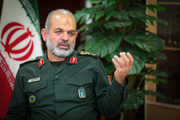
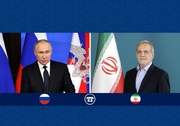
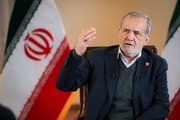

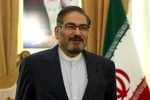
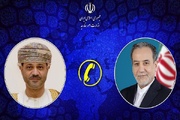
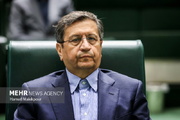
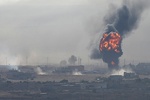
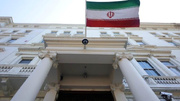
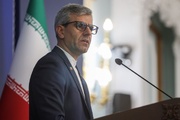
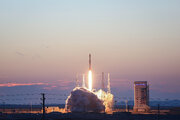




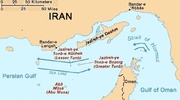



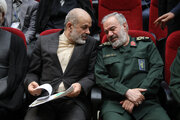
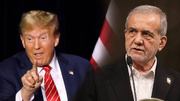


Your Comment